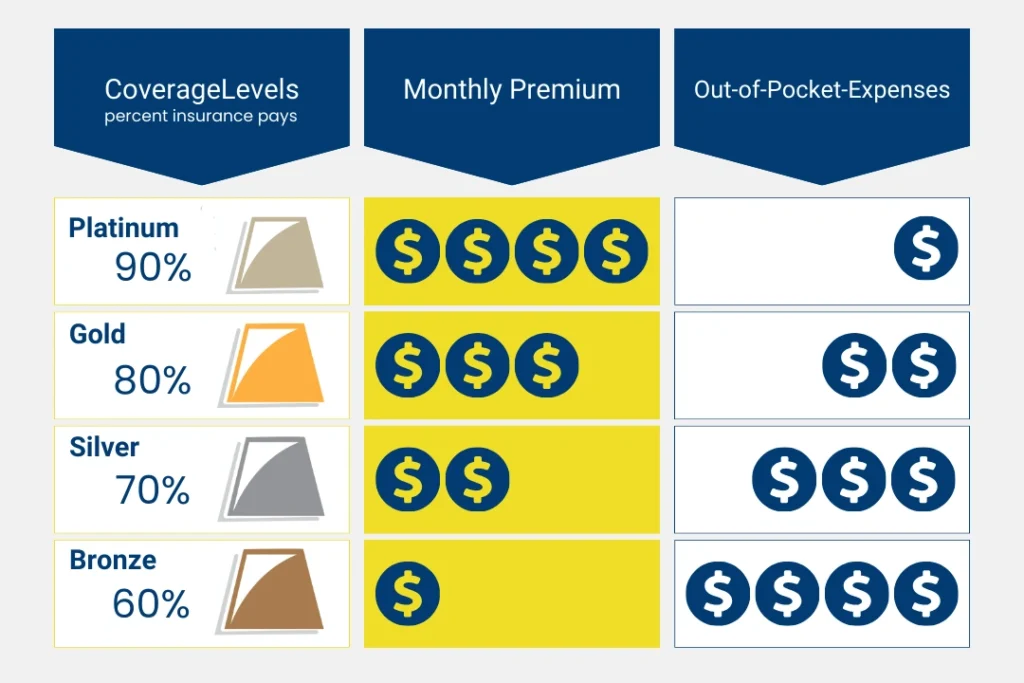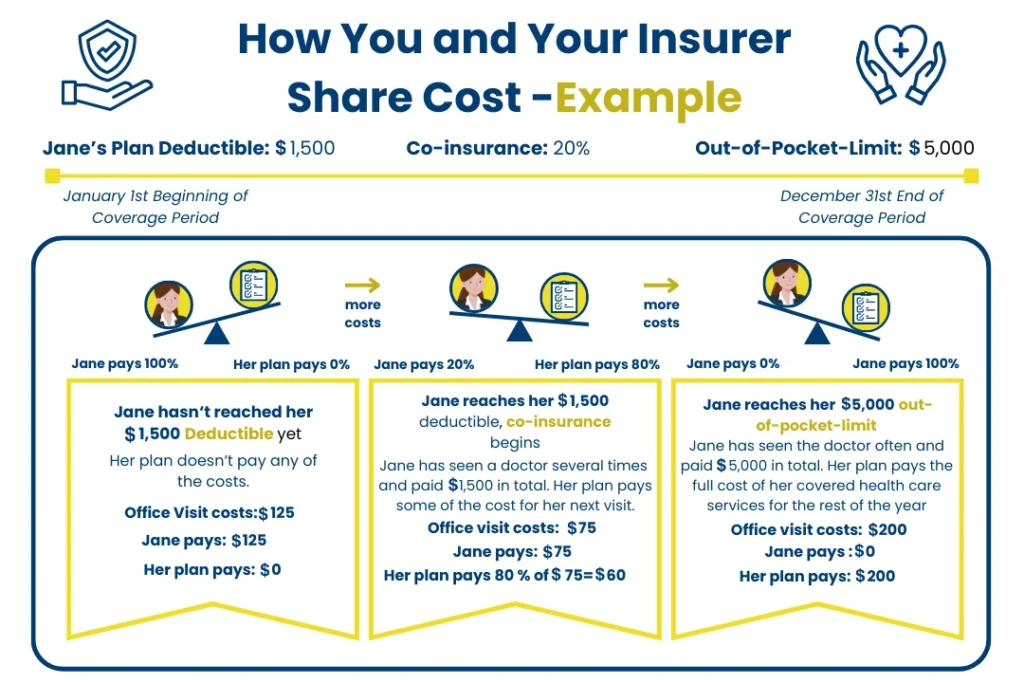- Home
- About Us
About Motek
Why Motek Insurance
- Programs
Group Benefit Programs
Health Care Management
Individual & Family Health Plans
Medicare Insurance
- Information
Information
Marketing
- Contact Us
- Home
- About Us
About Motek
Why Motek Insurance
- Programs
Group Benefit Programs
Health Care Management
Individual & Family Health Plans
Medicare Insurance
- Information
Information
Marketing
- Contact Us














